Inside: Get answers to the most common parenting questions about raising kind kids…here are 25 things every parent needs to know about how to raise kind kids.
Most parents want their kids to grow up to be good people.
The parents who don’t care about raising their kids to be helpful and generous and kind and grateful, usually fall into two categories.
Some parents are too worried about where their next meal is coming from to worry about kindness. They’re worried about electricity, water, and groceries. Their basic needs aren’t met and they can’t focus on kindness or next month.
And, the other group are parents who aren’t kind themselves, so this thought would never cross their minds.
Assuming, you’re here because you want to raise decent human beings who add value to this world, welcome.
Over the last few years, I’ve helped tens of thousands of parents raise kinder kids.
And whenever a parent reaches out to me, they almost always have this message:
I want my kids to be kind. I think it’s essential. But I don’t know how to do it. I don’t know how to help them be kinder. And I don’t have time for this, but I want to make the time. Because I don’t want to raise jerks.
And I get it.
Raising kids is not easy.
Raising them so they become the best versions of themselves is not easy.
Raising kids who think of others and give to others freely, and stand up for injustice without being walked on themselves is not easy.
We all wish there was a parenting manual that walked us through it all.
So I’ve gathered the most common questions parents ask about raising kids to be good people and answered them with resources to make teaching our kids to be kinder a little bit easier.

1. If we want to raise kind kids, when can we start teaching our kids to be kind?
There’s an age-old adage that the best time to start something new was yesterday. The second best time is today.
And it’s true for teaching our kids how to be kind.
If you’ve got young kids that are toddlers and preschoolers, it’s the perfect time to teach them the principles of kindness. You’ll be setting the groundwork and the expectations early.
If you’ve got school-age kids, tweens and teens, you can start now.
You can let them know you’re going to be focusing on something new as a family because it’s important to you and your family’s values.
So, wherever you are on this parenting journey, it’s never too early or too late to start raising kind kids and intentionally teaching them how to be kind.
Here’s a quick starter guide: How to Raise Kind Kids
2. What is kindness? Is it the same as being nice?
Kind and nice have been used interchangeably for years so it can be confusing.
But they’re two very different things.
You don’t want your kids to be nice.
But, you do want them to be kind.
Read why here: Why Our Kids Don’t Need to be Nice
3. How do I make sure my kids know that I value kindness and think it’s essential?
In our family, we let our kids know we expect kindness by talking about it, modeling it, and encouraging it.
But to make it super clear, being kind is one of our only two family rules.
Seriously.
Rule #1 is Be a first time listener and
Rule #2 is Be kind.
Here’s why you only need these two family rules and why it works for kids of all ages.
4. How do I talk to my kids about kindness?
Talking to kids about kindness can feel hard.
Being kind isn’t something simple to explain to our kids.
Because it’s not one thing. It’s many things.
It’s how you treat other people when no one is looking.
It’s treating others the way you want to be treated.
It’s doing something for someone without expecting something in return.
So we need to ask our kids different kinds of questions and discuss different kinds of scenarios where they could be kind. Or where they could show more kindness.
Because kindness is:
- being helpful,
- being considerate,
- being mindful of others,
- being an includer,
- and being a good friend.
Grab these 60 Kindness Discussion Starters to start the conversation.
5. If I’m raising kind kids, how do I model kindness for my kids?
Modeling kindness for your kids is easier than you think because we can just build it into our normal, everyday lives.
We hold the door open.
We use manners and thank people.
We let people go in front of us when they have one thing to buy and we have a full cart.
And we can show our kids this kind of kindness by being relentlessly consistent in our kindness with these Simple, Everyday, Normal Acts of Kindness, which are actually the most impactful acts of kindness.
These are the things that will make being kind a habit and making raising kind kids something we do every day.
6. My kids love to read. Are there books about kindness that would make it easier for me to talk to them about tough or tricky social situations?
There are books for everything, so of course, there are books about kindness, friendship and bullying.
Here are the 35 books you need on your bookshelf to raise kind kids.
Here are books to help kids be includers.
And here are books to help kids deal with bullying.
7. My kids are kind to other kids but treat their siblings completely differently. How can I change that?
Sibling relationships can be complicated. They push each others’ buttons and rivalry and jealousy can easily creep in. Siblings are often cruel and mean.
But we can raise kinder siblings.
And it starts with setting our children up for wanting to be kind to each other and being in a home that is purposefully set up where they don’t feel like they need to compete with their siblings for attention, time and love.
Want support to make this happen?
We have a few fun things like our Sibling Kindness Game and our Sibling Ice Cream Challenge.
But if you want step by step guidance to ending sibling rivalry, you need to our Raising Kind Siblings ebook:
8. My kids are mean and say hurtful things and do mean things to each other. How can I put an end to sibling rivalry and sibling fights?
The Raising Kinder Siblings ebook will definitely help you to squash the meanness and sibling rivalry that becomes hurtful.
We can also intentionally teach them how to give compliments so the kind words replace the mean ones.
9. How can I make my kids be kind?
Oh, we can’t.
But we can get them to want to be kind.
One of the easiest ways to do that is to encourage it.
Praise their kindness when you see it, no matter how big or small the act of kindness.
Grab my Kindness Hole Charts to encourage your kids to want to be kinder.
You can use these Caught Being Kind Cards.
10. My kid is around mean kids and is now becoming mean. How do I change that?
One of the quickest ways is to help them find kinder friends.
And one of the easiest ways to do that is to ask your kids’ teachers who the kind kids are.
But if you’re concerned your child is showing “Mean Girl” Behavior there are several things you can do to put an end to it.
Related: What to do if you think your child is the mean girl at school and How to Help Kids who Are Drawn to Mean Kids
11. How do I make sure my kid is kind when I’m not there to remind them to be kind?
One simple way I remind my kids to be kind when I’m not with them is with these Kindness Lunchbox Notes I sneak into their lunches.
I also teach them how to be a good friend and to be an includer.
12. How can I teach my kid to stand up for their friends and be an upstander?
We have to practice this because this is a learned skill.
We have to give them the words.
No.
Stop.
You can’t do that.
We can teach our kids how to deal with mean kids with these 5 tips.
And we need to talk to them about bullying prevention and how it only takes one kid to stop it.
Here are my bully prevention discussion starters you can use with your kids.
And this One book is fantastic for helping kids understand the power one kid can have.
13. How can I help my kids understand what to do when other kids are unkind to them so they don’t become a doormat?
Honestly, it depends on what is being done that’s unkind, how old your kiddo is, and whether they’re mentally prepared to stand up or if they need help walking away.
Here are 5 ways your kids can deal with unkind kids.
But we also can teach our kids to be kind without being taken advantage of.
14. My kid often says hurtful things without intentionally being mean. How can I help my literal kid who says things that are true without realizing that it’s hurtful?
This can be super hard for our kids to put themselves in others’ shoes because kids’ brains haven’t fully developed yet.
But we can help them by asking them to use the THINK method to be more thoughtful and considerate.
When they say something that is unintentionally hurtful (or intentionally hurtful), we can ask them to evaluate it:
You can get a copy of this digital poster here (we have it hanging on our fridge and upstairs in our hallway).
15. When will my kids think of others’ feelings first?
Our kids are egocentric because their brains are designed that way for now.
And it’s okay.
But we can help them be more mindful and considerate of other people.
And often kids’ feelings get hurt when someone is trying to be funny.
Kids can quickly become the brunt of the joke. So we can also help our kids learn how to be funny without being mean.
16. How can I get my kid to stop and think before they react so they aren’t cruel or mean?
When others are kind to us, it’s easy to be kind back.
But, when people are mean or unkind of thoughtless, it can be hard to remember to stay kind.
So I work with my kids to remember: you can be mad without being mean.
Here’s how I walk them through that.
17. I don’t have time to volunteer and give back, but I want to. How can I get my kids involved in helping others and volunteering?
I totally get it.
It can be hard to schedule in time for volunteering our time, money or services.
But if you’re wanting to give to others with your kids, there are easy ways to do it.
Here’s how we can sneak in volunteering with our kids.
Here are also our favorite Family Volunteer Challenge Ideas for each month of the year that take less than 30 minutes.
18. How can I teach my kid to stay kind but not let others hurt them?
We have to teach our kids how to deal with unkind kids, “mean girls,” bullying behaviors and bullies.
We don’t want our kids to become doormats.
We don’t want them to be influenced by peers who make unkind choices.
They can stay kind and not allow or tolerate kids to treat them poorly.
5 Ways To Deal with Unkind Kids
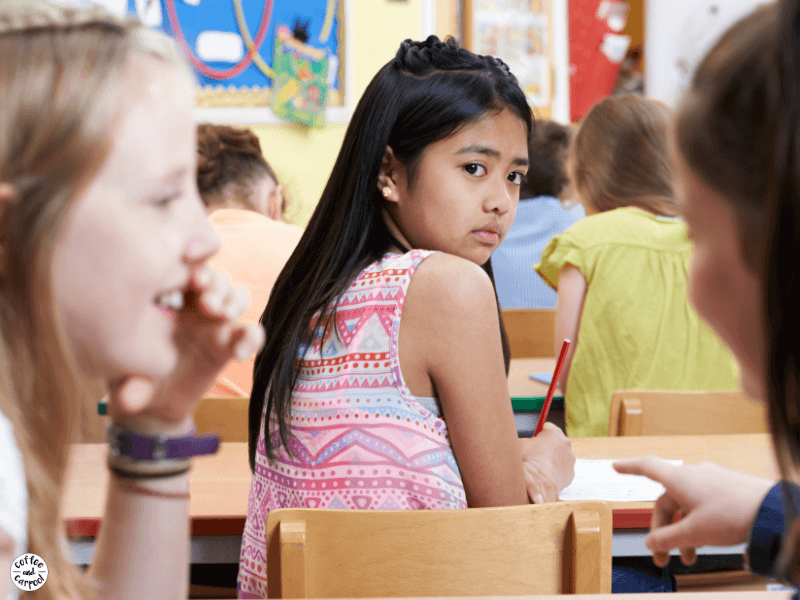
19. If my kid is kind, do they have to be friends with everyone? If I’m raising kind kids, does my kid have to be kind to someone who treats them badly?
Nope. Our kids do not have to be friends with everyone.
But they do have to be friendly and kind to everyone.
Here’s how we can help them decide if someone is a real, true friend and if someone isn’t a great friend at all.
Remind them, they deserve real, true friends.
20. How do I explain to my kids why they should be kind to others when they are not kind to them?
Helping our kids understand the why behind being kind will help them be kind even when they don’t feel like it.
Even when others aren’t being kind.
Even when they’re faced with situations that make it hard to want to be kind.
But we teach our kids to be kind because being kind feels good. Being kind is who we are. And being kind is not about how others treat us, it’s about how we treat other people.
Yes, of course, it would be great if people were kind back to us. But we’re not going to only be kind to people who are kind to us.
21. My kid is kind to everyone but themselves. How do I get her to stop putting herself down?
My tween daughter often does this. As do her friends.
But I stop them every time I hear it and I ask them to use the Backwards Golden Rule: “Would you say that about your friend?”
And they look at me shocked. “Of course not,” they respond.
So, I tell them, “If you wouldn’t say that about a friend or to a friend, you’re not allowed to say it about yourself.”
Here are other tips to help kids avoid negative self-talk and be kinder to themselves.
22. We’re so busy so we don’t plan out kind activities or days of giving. How can I find the time for it?
I totally get it. Finding the time to fit this in can be hard. One simple way we can squeeze it in is with Random Acts of Kindness by kids and for kids.
We head to the Dollar Store and pick up a few toys and then hide them at the park the next time we go so other kids can find them. It takes minutes and very little planning.
Here are our Random Acts of Kindness, perfect for park days in the spring and summer.
We also have a simple way to do one kind thing a week with our Summer Kindness Challenge, our Fall Kindness Challenge, our Winter Kindness Challenge and our Spring Kindness Challenge.
23. How can I control my own temper and react with my own kindness towards my kids?
When my kids get crazy, I challenge myself to stay calm.
In fact, the crazier they get, the calmer I get.
And I know that can be hard when they’re pushing your buttons and being disrespectful and rude.
But I have a magic phrase I use with all my kids, but it works especially well with my tween.
Here’s how we deal with her unkindness while I deescalate the situation and model kindness for her.
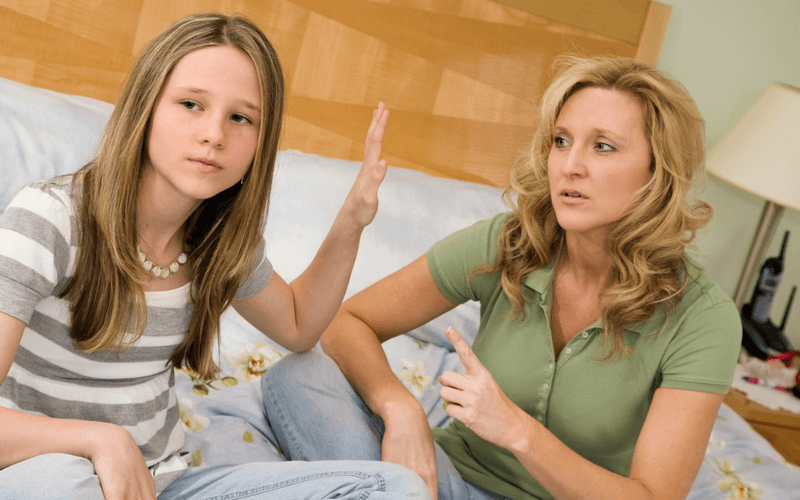
24. My kids are on sports teams. How do I help my son stay kind in the tough boy culture found on most teams? How do I teach them to have good sportsmanship?
My son was on a team with taunts and name calls and put-downs. It was devastating and it almost broke his spirit.
But we used this one phrase that kept him kind to others on his sports team, even when his coaches displayed unsportsmanlike conduct themselves and turned a blind eye to bullying in the dugout.
How to Raise a Kind Boy Amidst Our Tough Guy Boy Culture
And we can on purpose teach them How to Be a Good Teammate.
25. How can I encourage my kids to be practice being kind more often?
If we are working towards raising kind kids, we try to make being kind fun.
So we have the Kindness Elves come and suggest kind activities.
We also make Kindness Rocks and hide them around our neighborhood.
And we do fun kindness activities like Tic Tac Toe Kindness and Fidget Spinner Kindness.
We also use these Year of Kindness Activities For Each Holiday:

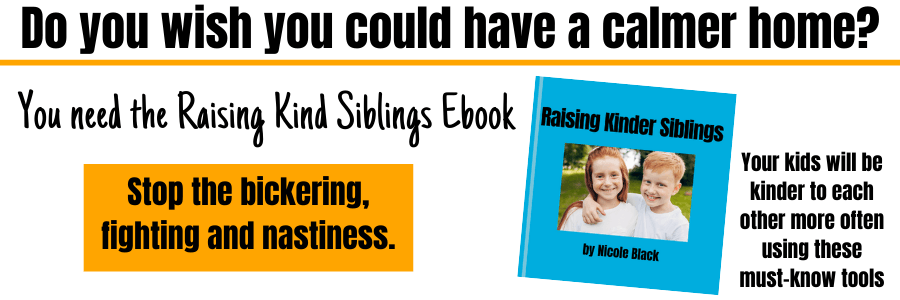
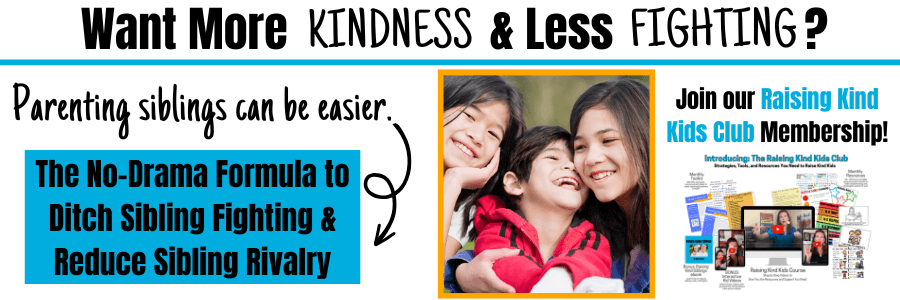
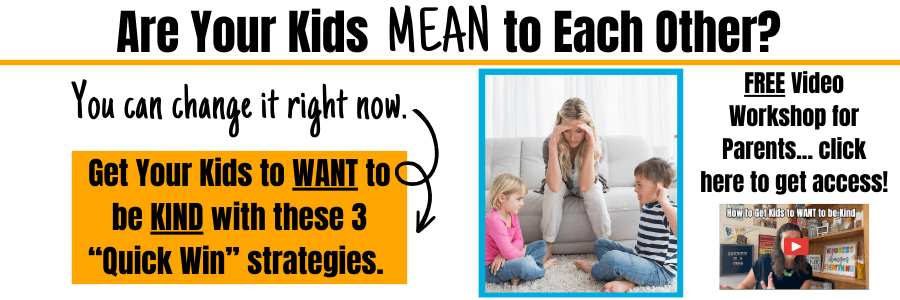
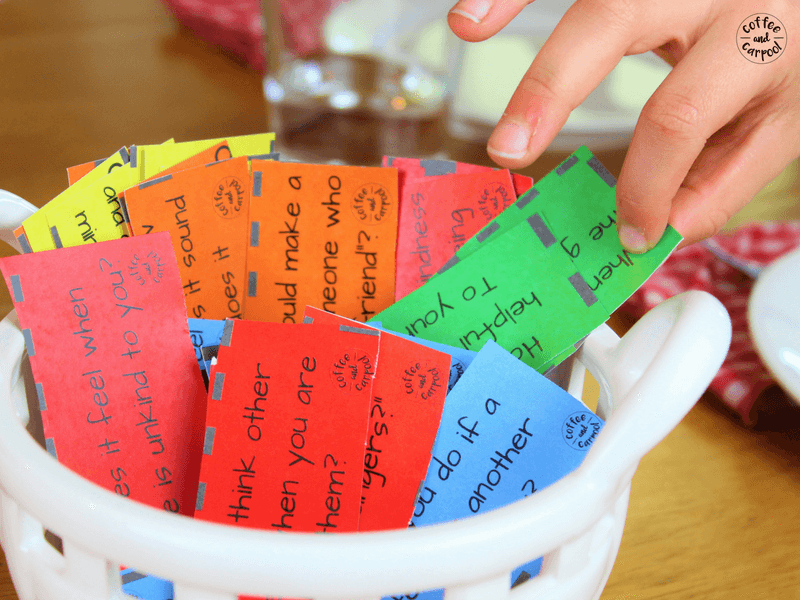

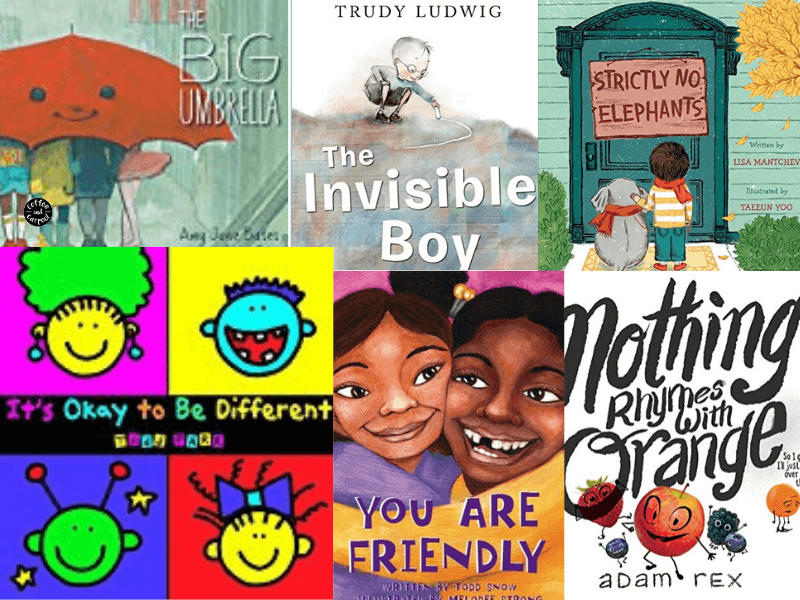
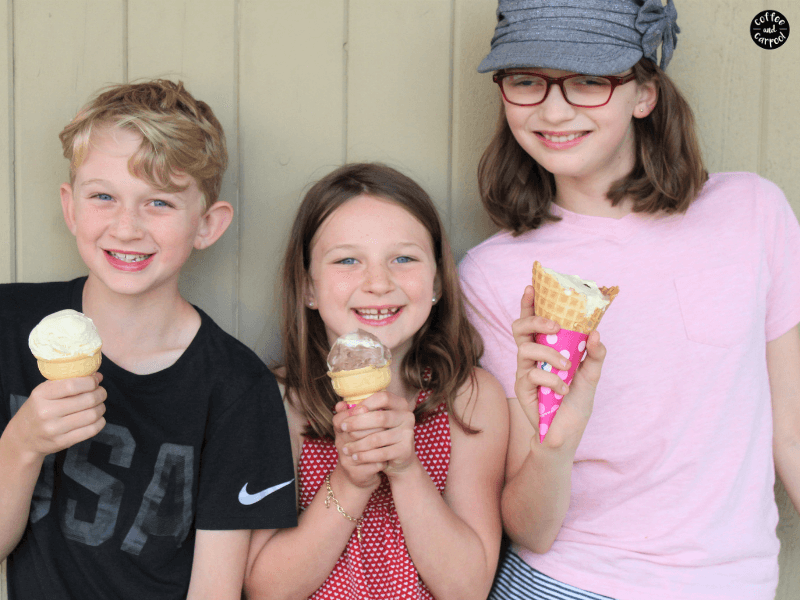

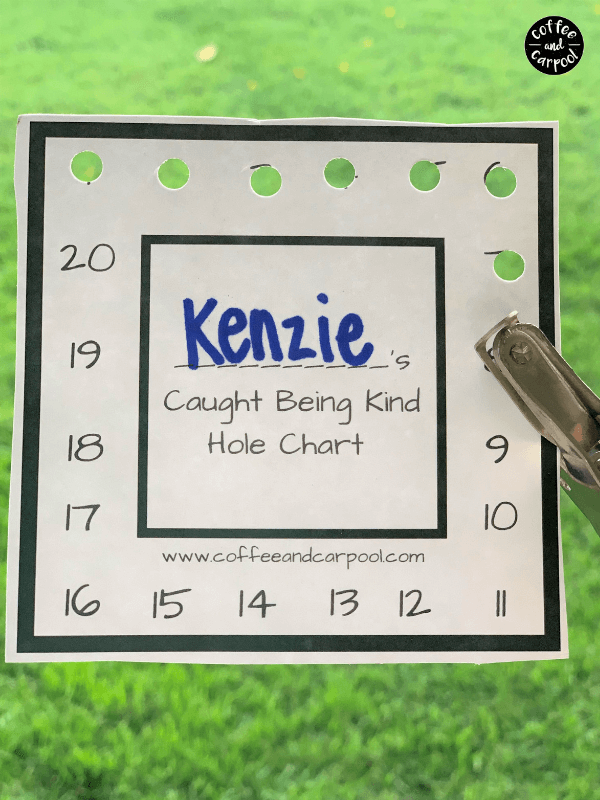
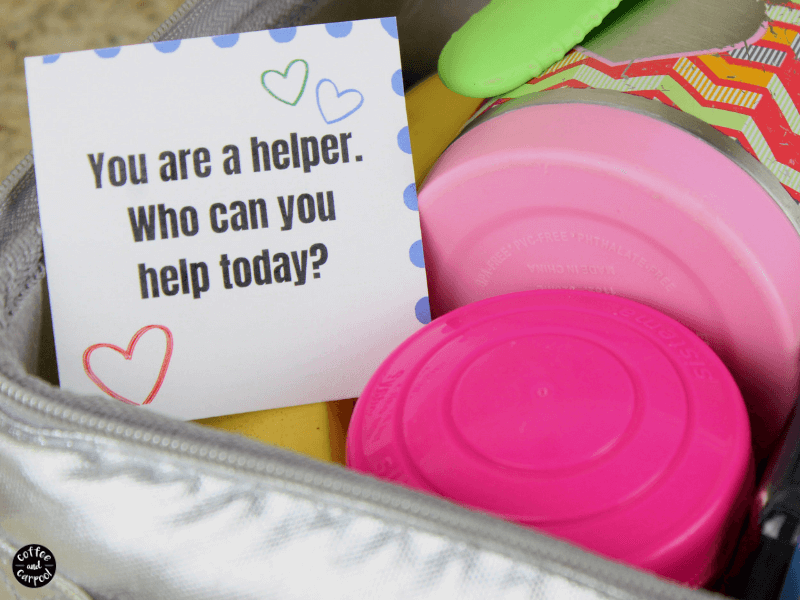

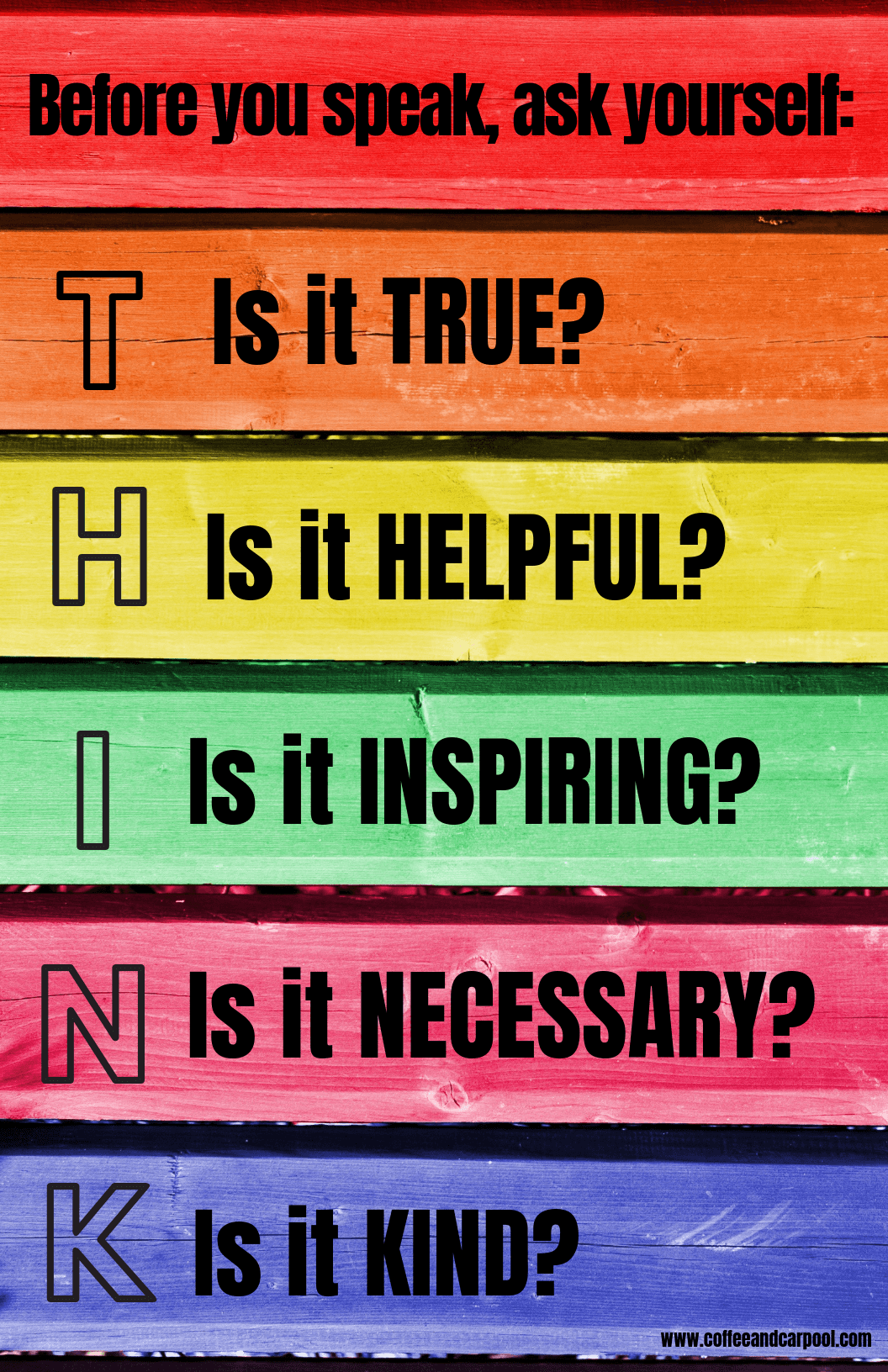
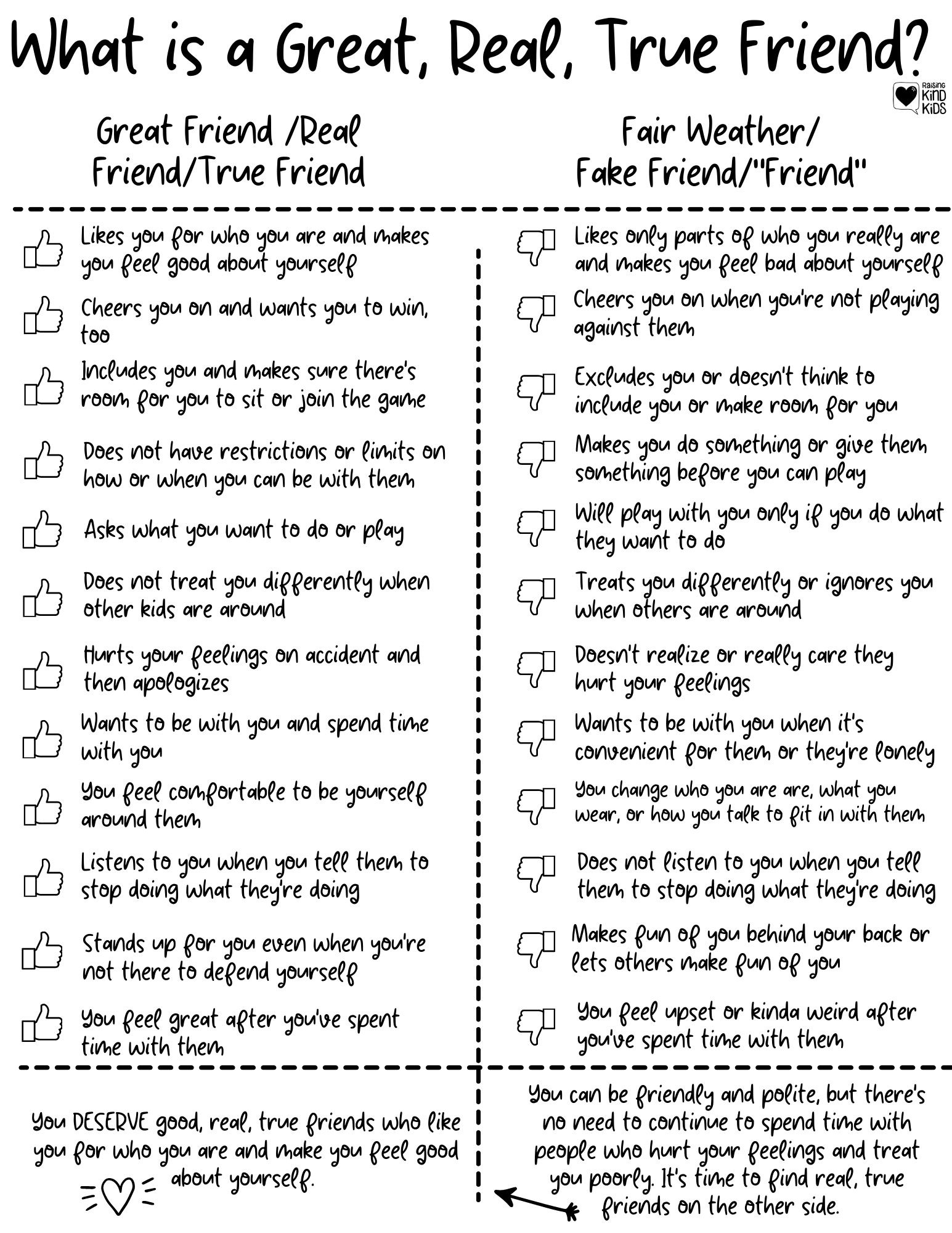
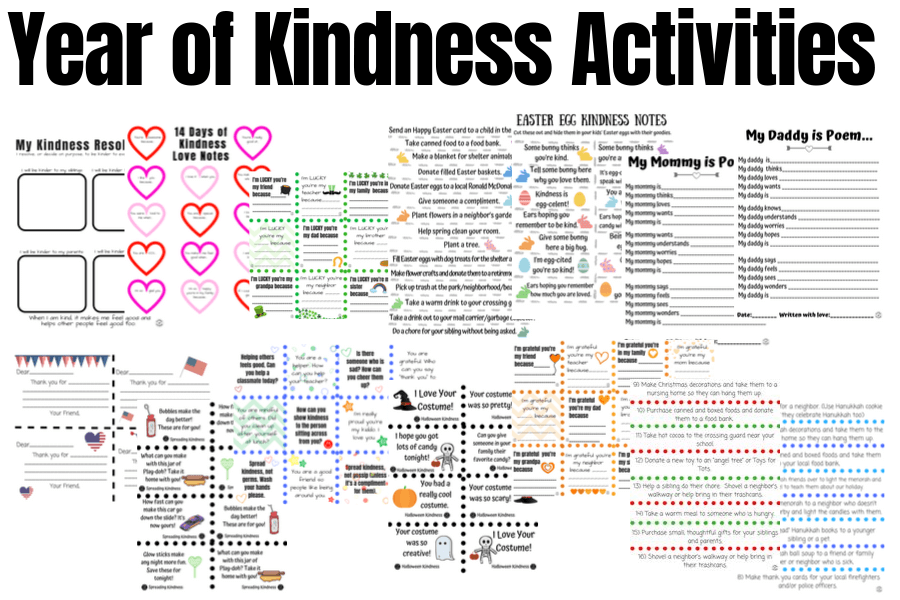
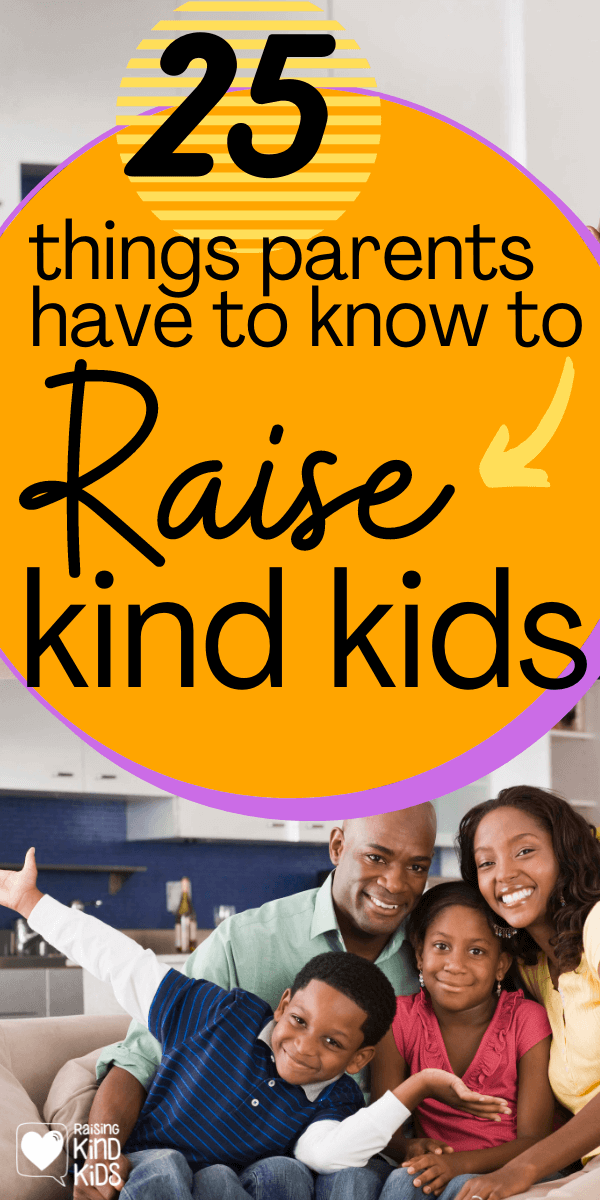
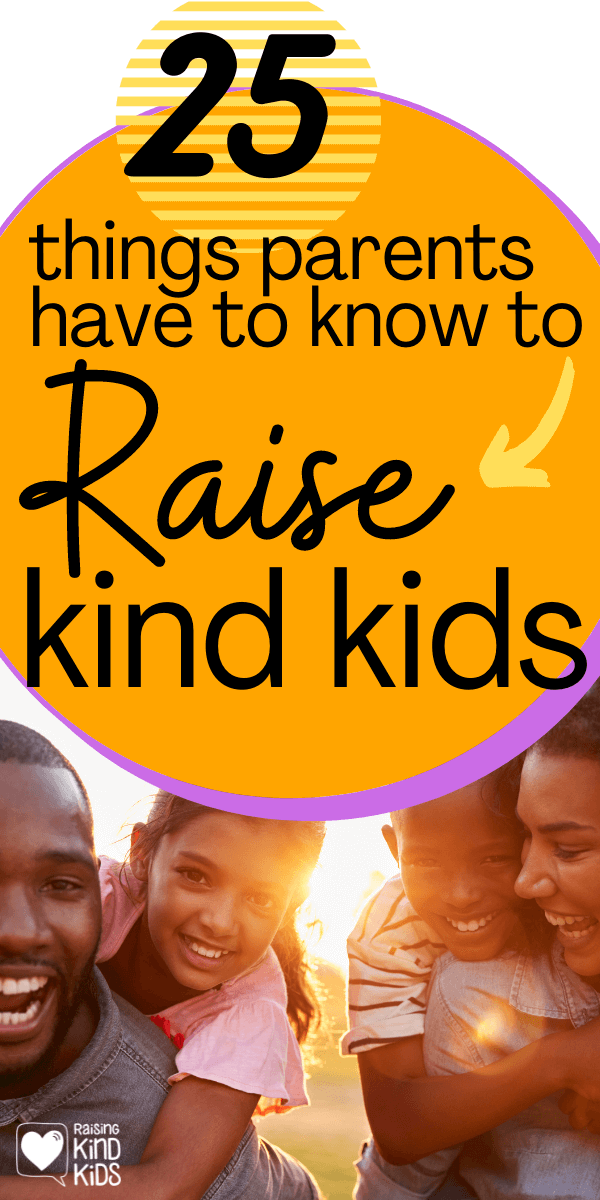
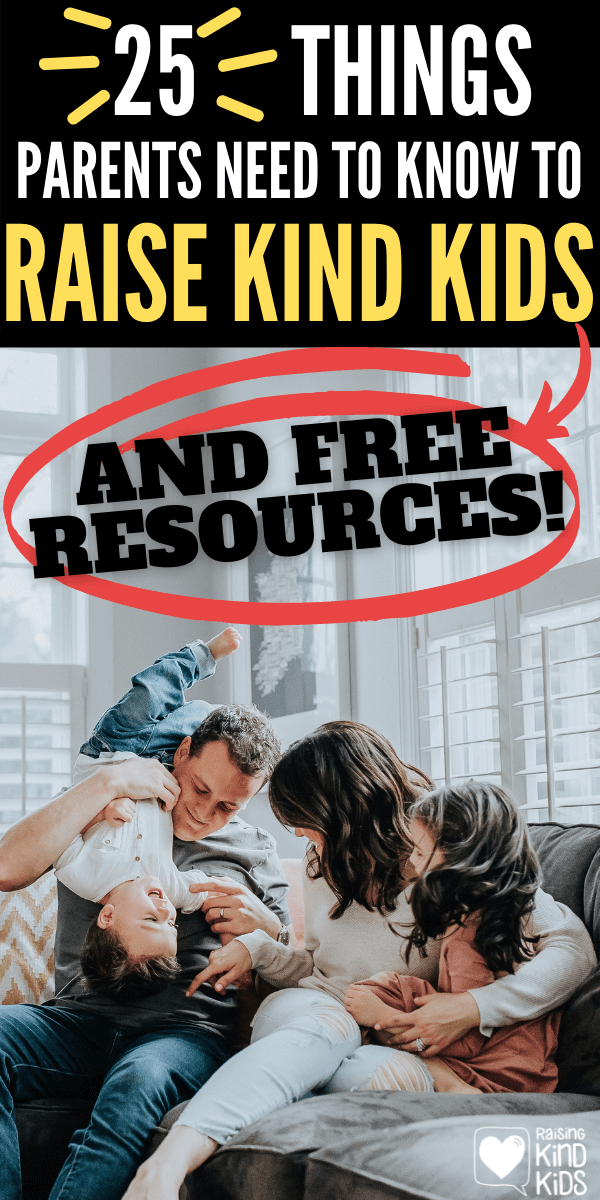
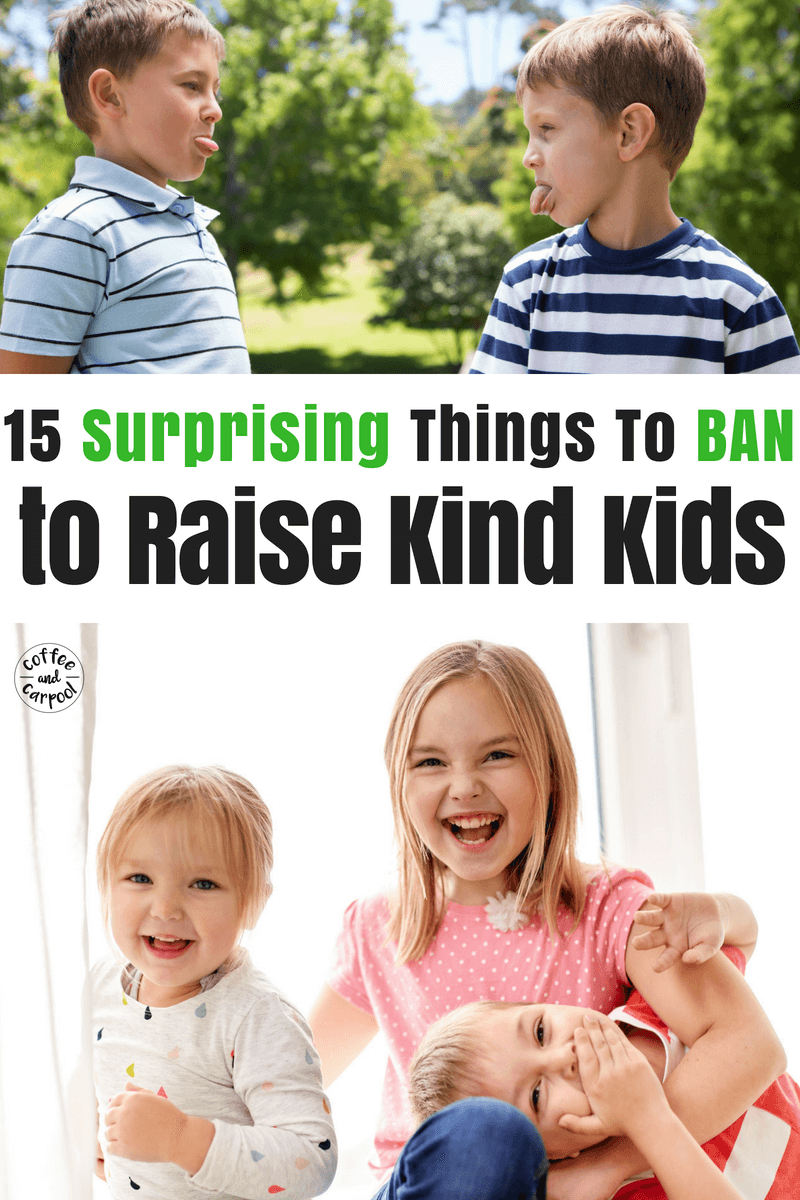
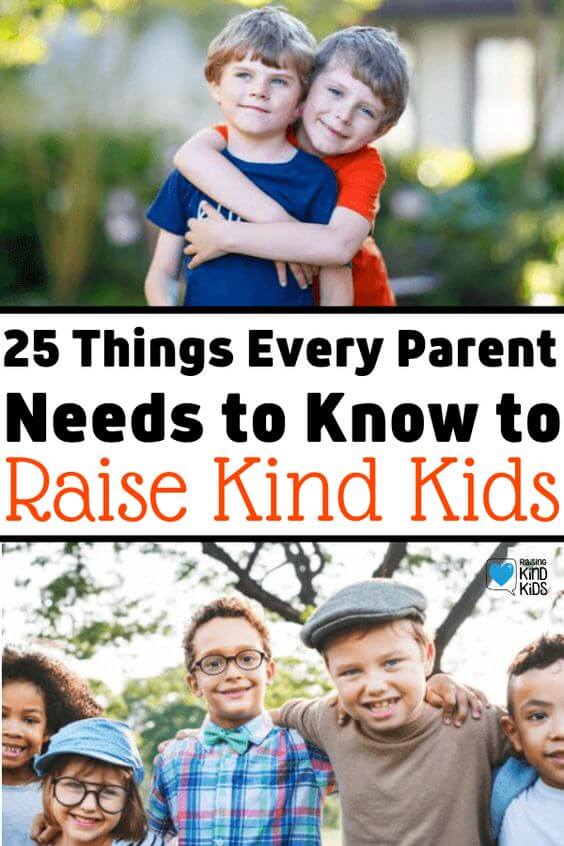
faye says
i love the kindness resources. there should be more of this circulating in the world. 🙂